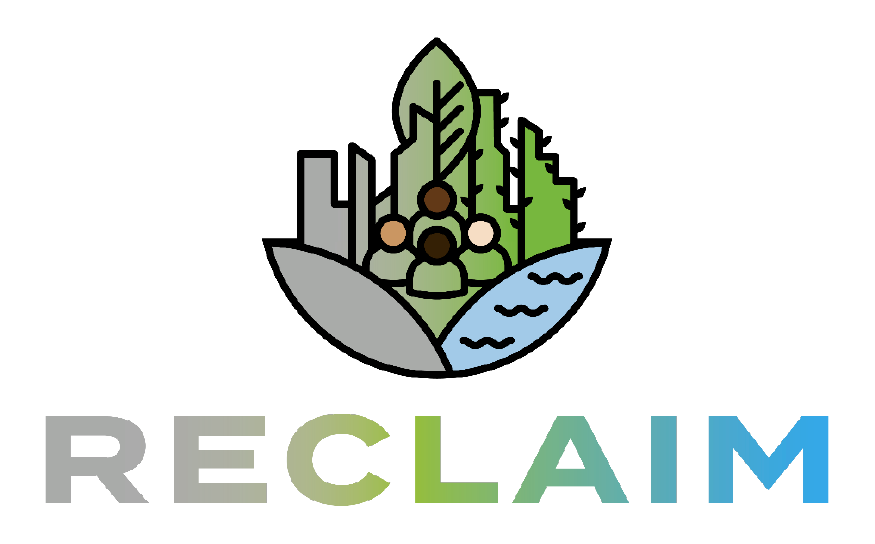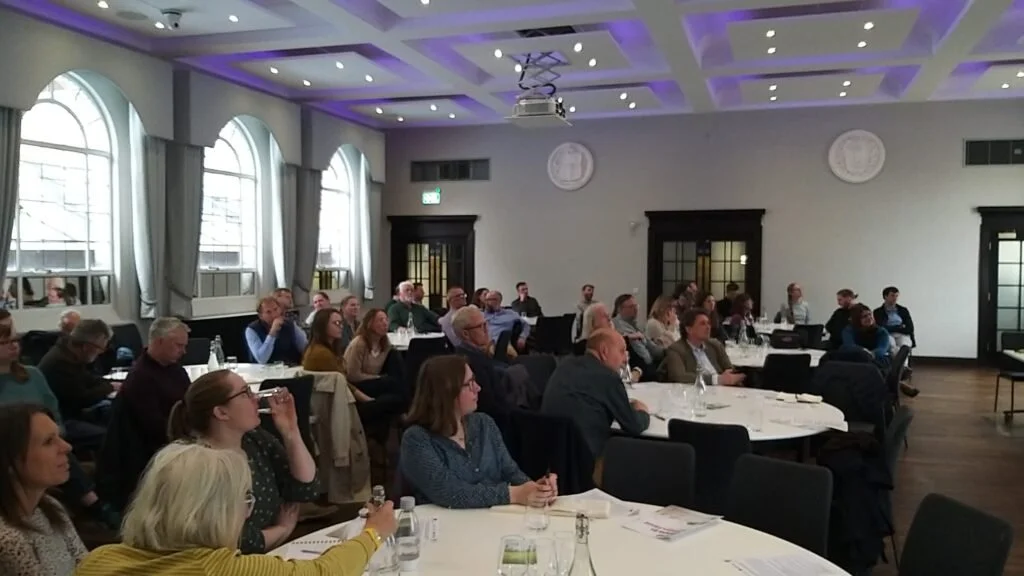Trees and future hot summers: How can we create heat-resilient treescapes for the future?
Our climate is changing, and hotter temperatures and heatwaves will become more frequent. Trees are vital during hot weather events for they provide urban residents with shade and have a localised cooling effect on the surrounding neighbourhood. But trees also need to be resilient to hot temperatures, and their survival and cooling ability often depends on their access to water. On 24th April RECLAIM Network Plus funded a daylong workshop organised by Trees and Design Action Group (TDAG), University of Birmingham and Myerscough College to discuss and build knowledge around these pertinent issues.
The day included 12 presentations that illustrated a range of perspectives on the impact of summer 2022 on street trees, and how we can provide towns and cities with a diverse and resilient palette of trees that can thrive in challenging urban environments under a changing climate with future warmer summer.
The day started with and introduction from the Chair, Prof Kathryn Moore, Birmingham City University, who spoke on the importance of landscape design, and the West Midlands National Park initiative. This was followed by an introduction from the RECLAIM network, given by Dr Nerea Calvillo, University of Warwick.
In the first session, we discussed future warming climates. Initially, Dr Emma Ferranti, University of Birmingham provided an overview of summer 2022 and the changing UK climate, before Chryse Tinsley and Ase Wilson summarised the impact of summer 2022 and climate change on street trees from their perspective at Leicester City Council. Dr Madalena Vaz Monteiro then described how trees influence climate and climate influences trees.
The second session focussed on tree species selection for a warming climate and included presentations from: Dr Jon Banks and Chris Percival of Bartlett Tree Research on what warmer temperatures mean for trees; from Dr Andy Hirons, Myerscough College, on tree species selection for a warmer climate; and from Dr Harry Watkins, St Andrew Botanic Gardens on the implications of warmer climates for pests and diseases.
The final session opened out the discussions to consider planting for future resilient urban treescapes. Dr Phil Askew describes how Peabody are designing with trees at Thamesmead, London, and Simon Needle gave a 30 year perspective on strategic planning for trees, within Birmingham City Council. Dr Lis Larson, RHS focused on gardens, and how we can optimise tree selection for future ecosystem services. Lastly Keith Sacre of Barcham Trees described the role of tree nurseries in providing trees for resilient urban treescapes.
All presentations and a recording of the webinar can be accessed via the TDAG website, here. RECLAIM, TDAG, University of Birmingham and Myerscough College would like to thank the presenters who generously gave up their time to present their subject knowledge in this area, and to all who participated online and in person.
This work has been supported by the UKRI-funded RECLAIM Network Plus grant (EP/W034034/1).
Emma Ferranti would also like to acknowledge EPRSC Fellowship, Bringing the Mediterranean to Birmingham (EP/R007365/1), which provided part-funding for this event.
By Emma Ferranti, Sue James and Andy Hirons (TDAG)
*Thank you also to GreenBlue Urban for providing the images for this blog*



